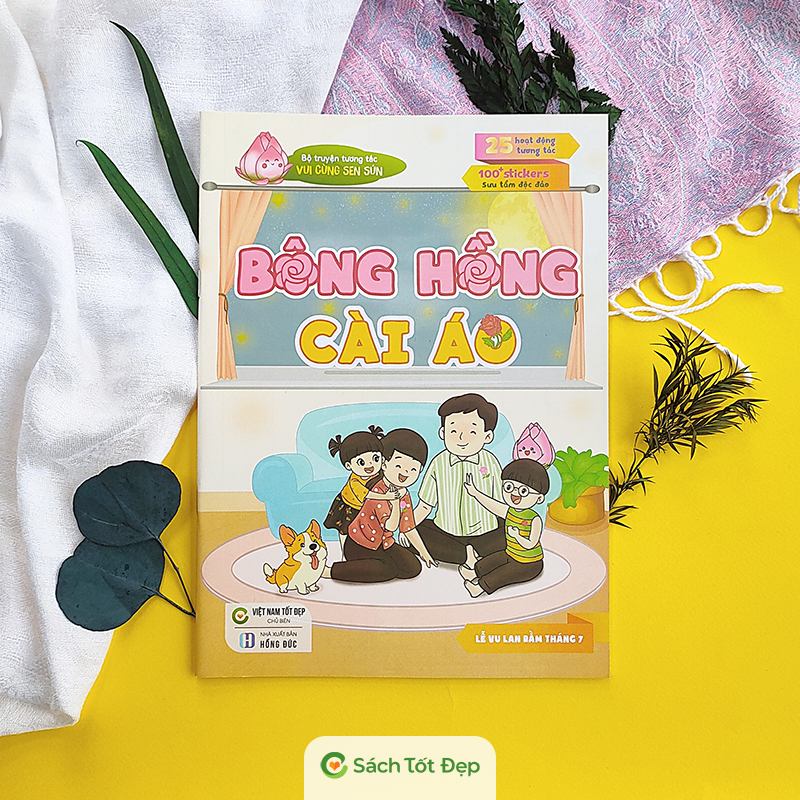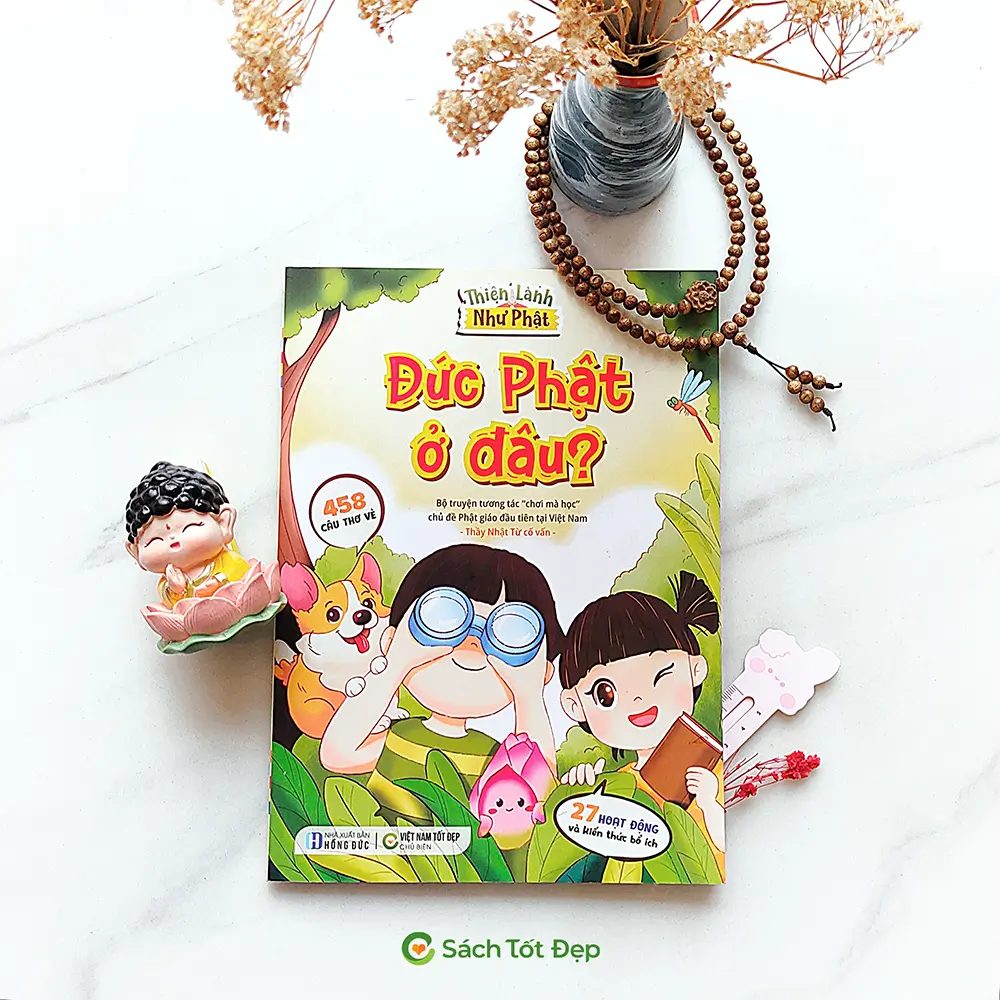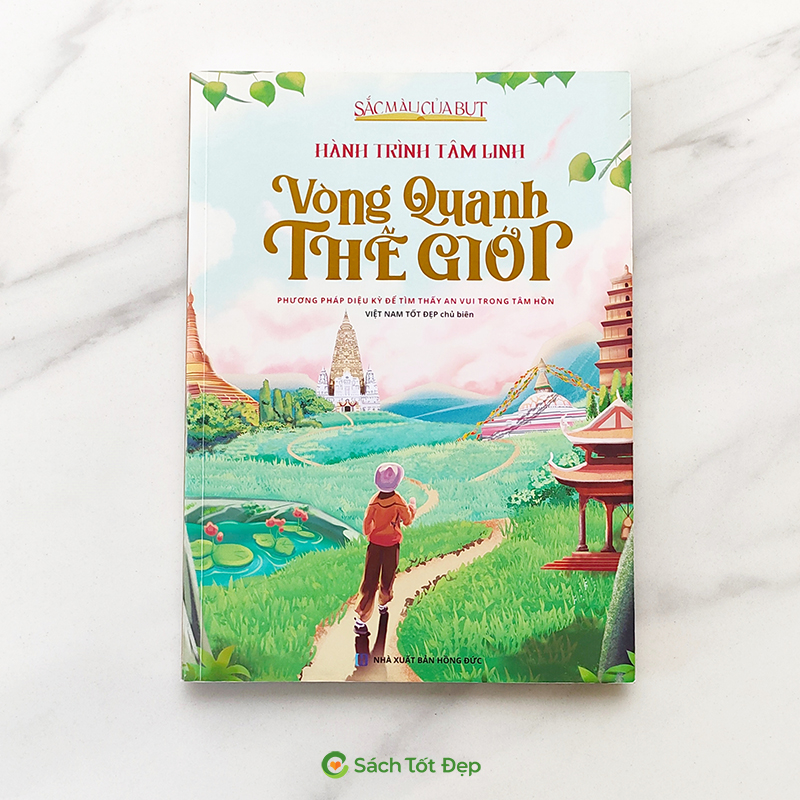Unraveling Happiness Secrets in the World’s Happiest Nation
Diệp Bình’s Bhutan Experience
Living modestly, embracing slowness, breathing deeply, and being honest in thoughts…
These are the “keys” to happiness I felt throughout my journey in Bhutan.
I asked a Bhutanese man sitting by the road, “What is happiness to you?” He pointed to an elderly woman carrying a bag of fertilizer. A few weeks earlier, her home was swept away by a flood. Homeless, she sought help from the Bhutanese royal family, who immediately provided her with new land and a small house.

In Bhutan, there are no beggars or homeless people. Anyone in need can knock on the king’s door for help. The country has no prisons, as the crime rate is exceptionally low. To preserve this belief, they even established a Ministry of Happiness. The minister ensures people remain content with their lives.

In reality, this South Asian nation beside the Himalayas measures its national progress with Gross National Happiness (GNH) instead of GDP.
During my days in Bhutan, jeans, shirts, and smartphones seemed meaningless. Locals, clad in national dress, walked across hills, monasteries, and shops. They worked just enough for a basic life and spent free time at temples praying. Bhutan is the only place in the world that bans the import of chemicals, including pesticides and growth hormones, making their food incredibly safe. Tobacco sales are forbidden, and smoking in unauthorized areas attracts hefty fines.
Bhutan has no traffic lights; they prefer not to have “insensitive” objects on their streets. Traffic at intersections is manually directed. Even warning signs are philosophical, like, “Drive slow, breathe deep, live long.”
One afternoon, as I strolled through a monastery, I was surprised to learn, “This chicken is eight years old.” The Bhutanese don’t kill animals, most are vegetarians. There are no slaughterhouses; meat is imported from India.

According to my guide, Bhutanese women are allowed multiple husbands. Marrying multiple times to different people is legal in this happiest country in the world.
Valuable Lessons from Bhutan
Visiting Bhutan is costly, around 200-250 USD per day, varying seasonally, excluding guide, hotel, transport, and food expenses. This fee tripled compared to pre-COVID-19 times. It’s Bhutan’s answer to balancing economic growth and citizens’ serenity.
Previously, overcrowded tourist sites disrupted locals’ happiness. The increased fees aim for “high value, low volume” tourism.

We visited Bhutan in a group with a local guide. The total cost was comparable to a multi-day European tour. However, Bhutan offered a distinct experience.
The country retains its pristine beauty with 60% forest cover, surrounded by high mountains and a cool climate. Homes are built of wood and clay, with mandatory tree planting. On foggy mornings, we trekked along hillsides, deeply inhaling the fresh air. The Bhutanese cherish every part of nature.
I spent a day trekking a dangerous path over 3,000 meters high to visit Bhutan’s holiest monastery, dating back 13,000 years. On the way, I saw monks and elders chanting quietly, observing the pilgrims. For Bhutanese, conquering this mountain is a lifetime goal. Amid the crowd, they moved orderly and gently, without jostling or raising their voices.
The Bhutanese live slowly, accept and find contentment in reality. They greet tourists with gentle smiles, whether leading horses, gardening, or cooking. Their meals are mainly vegetables, tubers, mushrooms, and cheese. Happiness is defined by the simplest things.
One evening, strolling through the monastery, I was amazed to hear: “This chicken is eight years old.” The Bhutanese do not kill animals, most are vegetarians. Therefore, the country has no slaughterhouses; they import meat from India (Photo: Ngọc Ngân)
One evening, strolling through the monastery, I was amazed to hear: “This chicken is eight years old.” The Bhutanese do not kill animals, most are vegetarians. Therefore, the country has no slaughterhouses; they import meat from India (Photo: Ngọc Ngân)
(Source: phatgiao.org)
Sản phẩm bạn có thể quan tâm

Wisdom Combo: 5 books + 3 special gifts
Coloring book
280.000đ

Let’s play with Sen Sun: Ullambana Festival
Coloring book
28.000đ

Buddha’s Little Explorers: Where is Buddha?
Interactive book
59.000đ

The Colors of Buddha: A Spiritual Journey Around the World
Coloring book
135.000đ





